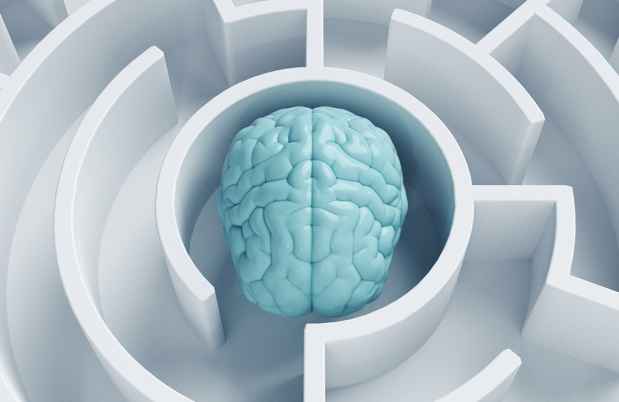Lecture – The Alfred Pope Award for Early Career Investigators 2020
Available with English captions.
Honoring Maria Ironside, DPhil, and Bin Song, PhD, McLean Hospital – The Alfred Pope Award for Early Career Investigators
Each year, McLean Hospital recognizes young researchers with the Alfred Pope Award for Early Career Investigators. The honor is named for one of the hospital’s most distinguished and respected researchers, the late Alfred Pope, MD.
The award recognizes the publication of an exceptional peer-reviewed, first-authored article on basic or clinical research performed at McLean. Honorees discuss their work during the awards ceremony.
This year’s honorees were recognized for their work in major depressive disorder and Parkinson’s disease. Both researchers discussed their recent studies into these conditions and how their work could lead to effective treatments.
Approach-Avoidance Conflict in Major Depressive Disorder: Congruent Neural Findings in Humans and Nonhuman Primates – Maria Ironside, DPhil
Studies show that increased avoidance behaviors and decreased approach behaviors are key features of major depressive disorder (MDD). But it remains unclear which brain regions are implicated in abnormal approach-avoidance decision making.
In this talk, Ironside explains that past research into the subject relied too much on self-report measures and probed either approach or avoidance independently. Also, prior work focused too much on one species, which prevented researchers from investigating similar cognitive features of psychopathology. This, she says, hindered the development of treatments.
Watch now to learn more about:
- How approach-avoidance conflict features in psychopathology
- How cross-species investigations are relevant to treatment development
- The brain regions implicated in approach-avoidance conflict
Ironside explains how she and her colleagues adapted an approach-avoidance conflict task from nonhuman primate research for use in human functional magnetic resonance imaging (fMRI). Findings from their studies reveal that there is conservation of anterior cingulate activation across species.
The work also shows that frontal and striatal regions, in unmedicated humans with MDD, are abnormally responsive during cost-benefit decision making. This research suggests that these disruptions could be valuable candidates for translational biomarkers.
Human Autologous iPSC-Derived Dopaminergic Progenitors Restore Motor Function in Parkinson’s Disease Models – Bin Song, PhD
The irreversible degeneration of dopaminergic neurons of the brain’s basal ganglia drives progression of Parkinson’s disease (PD). The transplantation of replacement dopamine cells for those lost to the disease has the potential to restore motor function and improve quality of life in PD patients.
A promising strategy for addressing the symptoms of PD requires successful induction and differentiation of human-derived cells, as well as patient tolerance to the graft.
Watch now to learn more about:
- Cell therapy for Parkinson’s disease
- Why safety is the critical step for cell therapy (for example, how to remove the remaining undifferentiated cells)
- The advantage of autologous-induced pluripotent stem cell (iPSC) strategy for cell therapy
In this lecture, Song explains how she and her colleagues established methods for producing clinical grade human-induced pluripotent stem cells (hiPSCs) from patient’s dermal fibroblasts. She describes how the team optimized differentiation to increase their yield of healthy dopamine cells. The team also eliminated undifferentiated cells with neoplastic potential.
In animal models of PD, transplanting these hiPSC-derived dopamine cells restored motor dysfunction without tumor formation. Findings from Song’s research suggests that this may be a viable strategy for developing effective therapeutic approaches.



